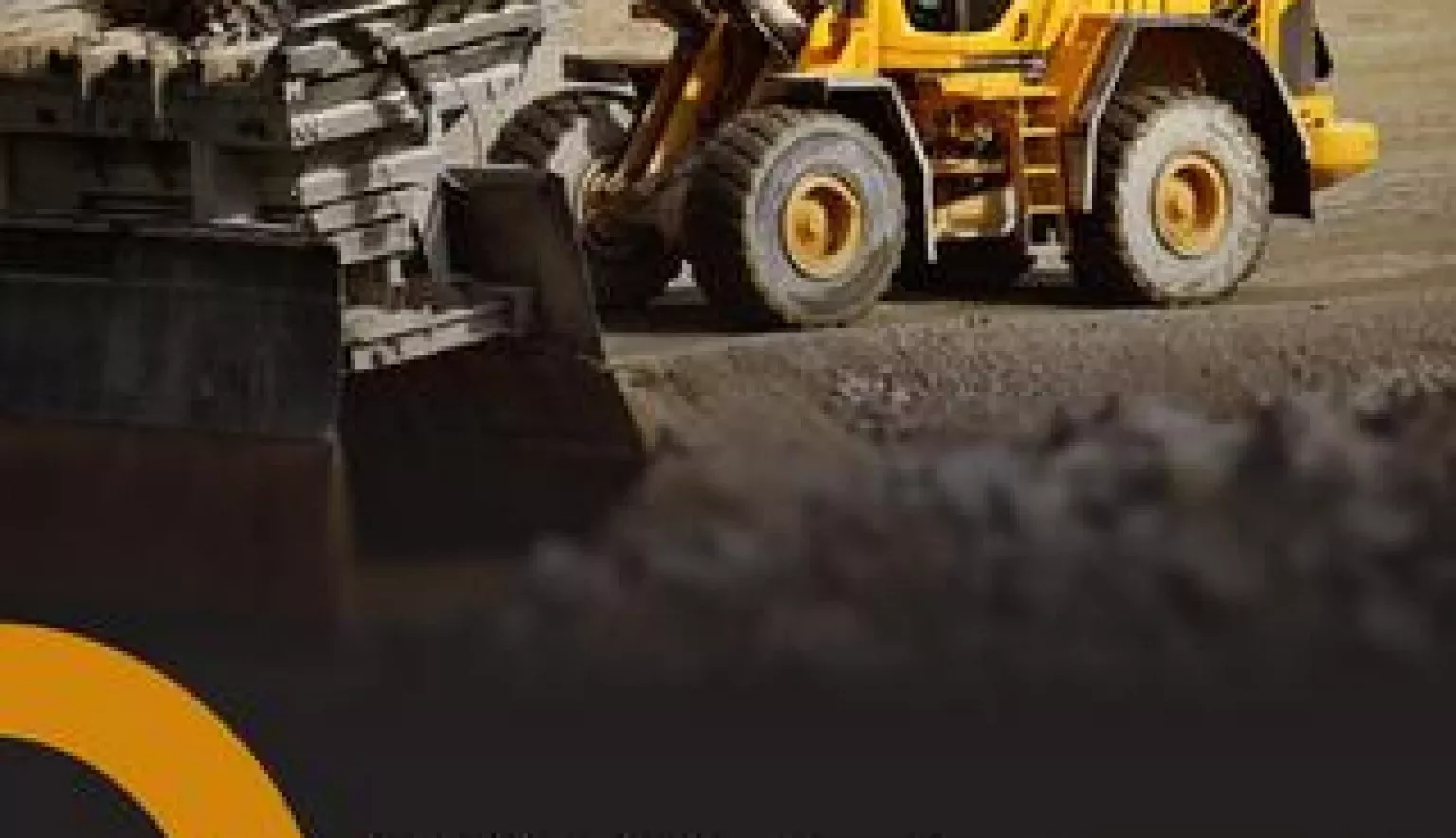Hwange Colliery has strict internal policies whose objective is to guarantee on-time delivery for all customers and an excellent handle on health and safety throughout it’s mining and processing practices.
ZIMBABWE’S COAL COLOSSUS
Hwange Colliery Company Limited is in the business of mining and processing coal, production of coke and related by-products. The company aims to produce more than five million tonnes of coal per annum in order to satisfy both the domestic and key export customers.
Hwange is the leading coal producer in Zimbabwe and supplies the nation’s requirements, including low phosphorus coal and coke. The largest coal consumer, Hwange power station, is situated adjacent to the mine and currently takes about 180,000 tonnes per month of HPS coal which is delivered to the power station as an opencast run-of-mine product from the upper portion of the coal seam. The lower portion of the seam comprises high quality coal with coking attributes and provides feedstock for metallurgical processes both within and outside Zimbabwe. Further, the higher quality coal from the lower portion of the seam is sold after processing through local distributors for use in agriculture, mines and associated industry, homes as well as three smaller thermal power stations in Bulawayo, Harare and Munyati.
CHABA MINE
Operations at Chaba Mine were commissioned in February 2006. The mining operations, which commenced with overburden production so as to expose coal, produced the first tonne of coal in April 2006 and an overall 22,563 tonnes was mined in the same month. “The mine’s monthly output has steadily increased since then. It was developed as a new strategy to exploit the Chaba East shallow coal reserve as this presented the best option to preserve Hwange Coking Coal (HCC) raw coal mining capacity to levels consistent with the established demand as well as providing opportunities for a consistent supply of low phosphorous coal from the dragline pit that has the greatest potential to capture new markets both locally and for exports,” says Thomas Makore, Managing Director of the Hwange Colliery Company.
HWANGE: THE SELF SUSTAINING COAL TOWN
Zimbabwe’s leading coal producer, Hwange Colliery is located in the remote western tip of the country, at Hwange town. Although remotely located, it is however far from being isolated, as just next door is the beautiful Hwange National Park and, only one hundred kilometres to the northwest, is Victoria Falls, one of the natural wonders of the world on the mighty Zambezi River.”To speak of Hwange town is to speak of Hwange Colliery Company. It is a mining town, a company town, a coal town, which, owing to its remote location, has developed a self-contained community with a population of about 55,000″, Makore comments. All services associated with local and central government – from road maintenance to refuse collection, water and power reticulation, schools, health, housing, recreational facilities and sewage disposal – are provided by the Hwange Colliery. Furthermore, it operates its own railway and road transport system, internal security and telephone system.
As a self-sustained community, adequate shopping, postal and banking facilities are provided by Hwange. The company has provided to the locals – amongst other things – an 18-hole golf course, tennis, cricket, bowling, squash, badminton, angling and boating clubs and has a football team playing in the country’s Buddie Premier Soccer League. Additionally, the company provides and maintains suitable housing for all 3,200 employees and owns and operates a large, modern and well equipped six ward hospital, the biggest in Matabeleland North outside Bulawayo, which is staffed by seven doctors and other professional staff. “The health and wellbeing of our employees is very important to us, it is a significant part of our company ethos,” cites Makore.
Hwange Colliery fulfils the energy needs of the whole nation via its mining and processing of coal. The economy of Zimbabwe is of great strategic importance, as coal is a vital source of energy found in abundance in the country.
SAFETY, ENVIRONMENT AND CUSTOMER SAFETY
Hwange Colliery Company Limited places safety at the very top of their priorities and Makore was keen to highlight these measures as pivotal to their success: “Our quality policy is implemented through a Quality Management System which is based on the ISO 9001:2008 certification. The aim of this policy is to ensure that the company is and remains customer focused and continuously strives to improve its working practices.” In terms of equipment, the company always provide employees with adequate safety tools and knowledge in order for them to work safely.
On the other side of the coin, Hwange Colliery recognises that customers have a choice and will seek other suppliers if they do not satisfy their requirements. “We understand that we are in a competitive market in Zimbabwe and as such, our job is to stand out from other companies through our strict policies and customer focus,” affirms Makore. “Indeed, we are constantly learning from customers and adapting to industry changes in order to improve product quality. We recognise that coal is a natural product liable to natural variability and shall take all measures to manage and to control this variation within customer’s specifications.” With quality review meetings held quarterly, Hwange Colliery regularly improves its business, product offering and employee performance.
When it comes to environmental sustainability, the Colliery is committed to the principle of integrated environmental management and continues to invest time and funds in striving for greater harmony between its operations and the ecologically sensitive environment in Zimbabwe.
Of the two mining methods, opencast mining is more destructive to the environment in that to get access to the coal seam below the surface, the land has to be stripped bare of its vegetation. The mixture of fireclay, carbonaceous mudstones and shales found in the overburden material encourages the process of spontaneous combustion.
To correct this, Hwange Colliery has in place a rehabilitation program which involves covering burning spoil piles with inert supplementary stripping material to suppress the fires and starve them of oxygen. This material is then levelled and contoured before agricultural lime and fertilisers are added. Indigenous trees and grasses are planted at the start of the rainy season to re-vegetate the land and thus encourage fauna to return to their natural habitat. The principle of developing self-sustaining eco-systems is followed. Additionally, Environmental Impact Assessments (EIA) are part and parcel of any future expansion programmes at the mine in accordance with the requirements of Zimbabwe and International Legislation.
Hwange Colliery ensures that its marketing department liaises closely with the production departments in order to align their customer commitments with production capacity. Combined with the above internal policies, Hwange strives for guaranteed on-time delivery for all customers and an excellent handle on health and safety.































